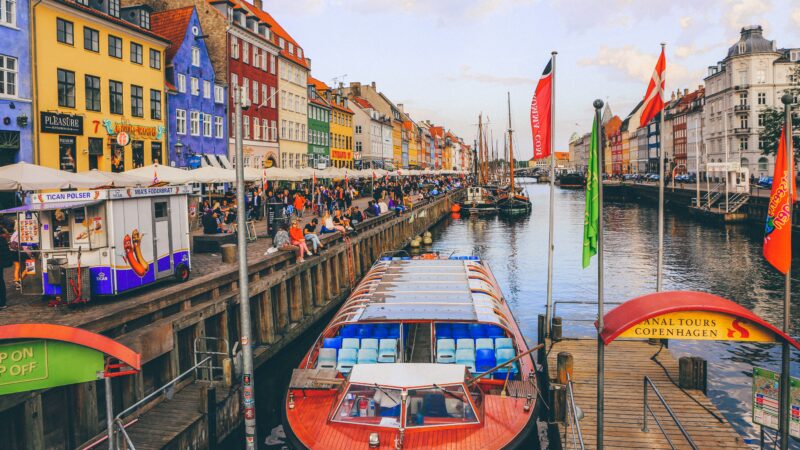How may countries can travel to Germany without needing…
How may countries can travel to Germany without needing to apply for a Visa?
Germany warmly welcomes citizens from approximately 62 nations to explore its wonders without the need for a Visa. Travelers from these countries can stay for a maximum of 90 days within a specific timeframe. However, if you plan to extend your stay or intend to study or work in Germany, a Visa application is necessary. Before you embark on your journey, it’s essential to verify if your nationality is included among the 62 Visa-exempt countries. If you’re part of this fortunate group, you can enjoy a memorable trip to Germany hassle-free. For those considering a longer stay for educational or professional pursuits, gathering the required documents in advance is crucial. This proactive approach streamlines the Visa application process and ensures a smoother transition into your studies or work in Germany. In summary, while approximately 62 countries allow visa-free travel to Germany, it’s vital to be well-prepared. Whether you’re planning a short stay or a more extended visit, understanding your Visa requirements and assembling the necessary documentation paves the way for a fulfilling experience in Germany.Which documents do you need to submit in order to not get rejected?
Wondering about the key documents to avoid visa rejection? Here’s the scoop: Applying for a German visa doesn’t always guarantee approval, even if you’ve submitted everything correctly.
However, if you do face a rejection, don’t worry! The embassy usually provides guidance by letting you know which additional documents are needed to strengthen your case. This is like a roadmap to improve your application.
Once you’ve gathered these extra documents, you can give it another shot and reapply. Think of it as an opportunity to enhance your application. The embassy’s guidance can help you address any gaps or concerns they might have had with your initial submission.
Remember, it’s not just about the documents; it’s about how you present your case. By being thorough and responsive to the embassy’s feedback, you increase your chances of a successful visa application. Keep moving forward and keep improving – you’re on the right track!
Has the number of Visas increased or decreased in Germany?
While Germany is renowned for its openness to issuing and accepting Visas, recent trends reveal a shift in acceptance rates. Over the past years, there was a decrease in the number of accepted Visas, with approximately 15 thousand requests being denied out of a total of 2 million applications.
However, there’s a silver lining. Subsequent periods showed a positive change in the numbers, resulting in a smaller proportion of rejections. This indicates that efforts have been made to address certain concerns and streamline the Visa approval process.
Despite the fluctuations, it’s important to remember that Germany remains a welcoming destination. Understanding the requirements, providing accurate documentation, and adhering to guidelines are key factors that contribute to a higher likelihood of Visa approval.
In summary, while there was a temporary decrease in Visa acceptance rates, ongoing adjustments have led to a more favorable scenario. By staying informed and ensuring that all aspects of the Visa application are well-prepared, travelers can confidently explore the enriching experiences Germany has to offer.
What are the basic documents you need to submit no matter the Visa type?
No matter the type of Visa you’re applying for, certain fundamental documents are needed for a successful application in Germany. These documents establish your readiness for your journey:
- Photo: A recent passport-sized photo that meets the official criteria.
- Proof of Financial Means: Show that you have enough money to support yourself during your stay.
- Flight Reservations: Provide evidence of your planned travel arrangements to Germany, such as flight or trip reservations.
- Valid Passport: Ensure your passport is valid for the duration of your stay.
- Health Insurance: Secure health coverage to address any medical needs that might arise.
- Invitation Letter (if needed): If you have a contact in Germany, they can send you an invitation letter to support your application.









